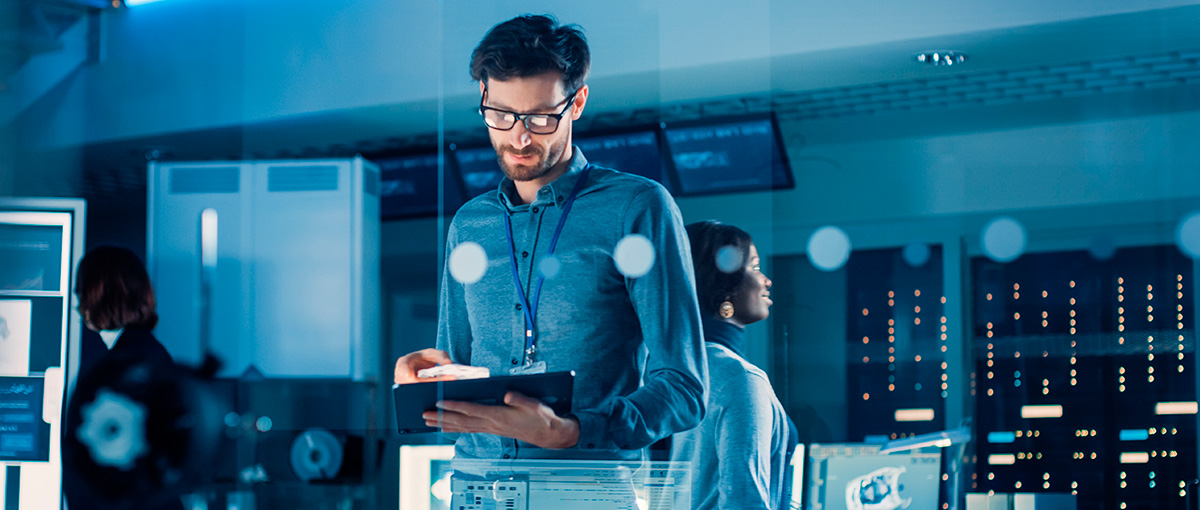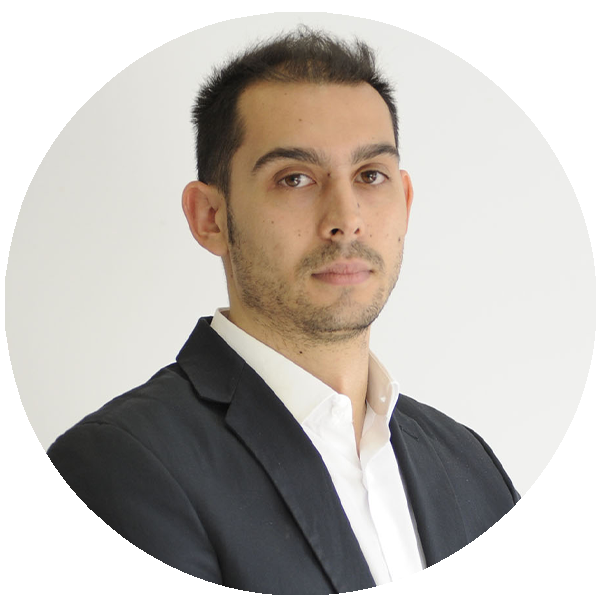#MIPexperience International Part Time MBA
Innovation in companies and in professional daily life: some similarities

Starting with a definition of innovation, we can simply say that Innovation is the realization of new (or significantly improved) products, services, processes, or methods. This can be true either for companies or for professionals: both should focus on and maximize their efforts in improving efficiency (and effectiveness) and create something new and more valuable for the end user who, for the company is the customer, while for the professional it is themself.
The mistake we might sometimes come across when talking about innovation is to confuse “new” with “valuable”. Novelty is crucial, since innovation is about the realization of something new, but not everything that is new creates new value and, more importantly, the hardest part of the innovation regards the implementation of the idea.
In a famous TEDx speech, Bill Gross, founder and developer of innovative start-ups, investigated the reason why some companies succeed while others fail. With the help of data collected from numerous start-ups, he ranked each enterprise based on five key factors: Idea, Team, Business model, Funding and Timing. He found that the factor that counted the most among all the others was not the idea but the timing, first, and the team and their ability to implement the project in second position. He opened a company called “idealab” because he really thinks that the idea is crucial for changing the status quo but, at the same time, he wanted to affirm that a good idea at the wrong time or managed by the wrong team would bring no innovation at all.
If this is true for companies, I think that we can translate this concept into the life of workers as well, and go a little further with the similarity. Every professional dedicates their time to performing tasks, as short-term goals, and to imagining a new way of doing the job, to updating their own competences or to learning new skills, as long-term objectives. The difference between the best performers and the others (as well as between successful companies and the rest) is the percentage of time and resources dedicated to these two different kinds of activities.
Successful companies and successful professionals are those who dedicated a robust percentage of time in studying (R&D for companies) and in applying innovations. Of course, this is a risky way, but it is necessary if the goal in mind is to shape a different and brilliant future.
During the MBA path at Politecnico di Milano, I had the chance to study for a course named “Innovation Leadership”. The aim of the course was not to push the professionals to create tons of ideas or to imagine a new cutting-edge start-up; the real objective was to instil the concept that, once an innovative idea has been recognized as such, the hardest part arrives and new managers, Innovation Managers precisely, need the appropriate skills to choose the right timing, to create the right team for the implementation and, more importantly, to transfer their mindset to all of the company’s employees.
Again, I think that this concept, mutatis mutandis, can be applied also to a professional’s daily life. There are a lot of good ideas and inspirational suggestions to enrich a job routine and to improve one’s personal outlook. The hardest part is to fight inertia and to be consistent in applying what we think might enhance our daily lives. Every person has an “Innovation Manager” inside them, the “planner” part of us that reports to the “slow thinking” of Kahneman. This side has the important task of setting goals and constantly monitoring and controlling the other side of us, which may be more creative, but is less fixed and dedicated.
About the author
|
|
Luca Bianchi International sales manager for a multinational logistics company and part of the young group of the Freight Leader Council, I would define myself as curious, ambitious and continuously disposed to improve. Strong supporter of cross-functional experiences, job rotation, teamwork and lifelong learning, my objective is to be constantly able to see challenges from different perspectives and to be adaptable in this ever-changing environment. |






